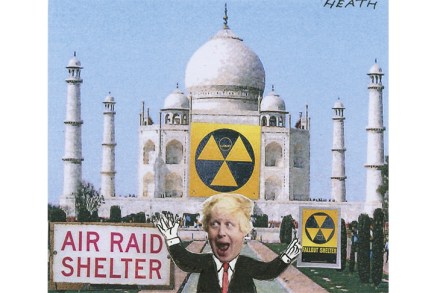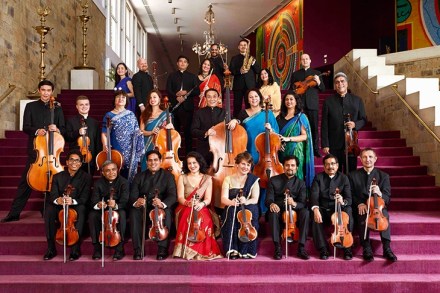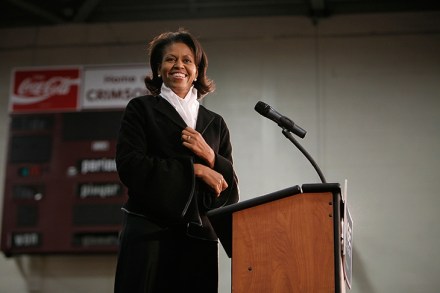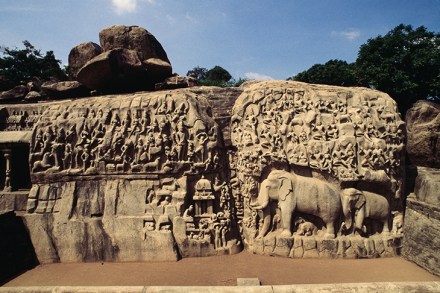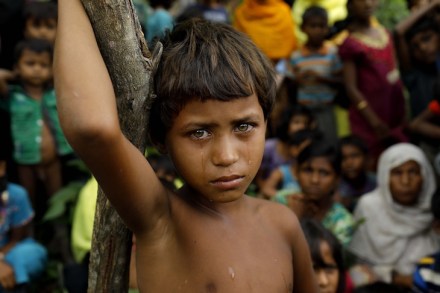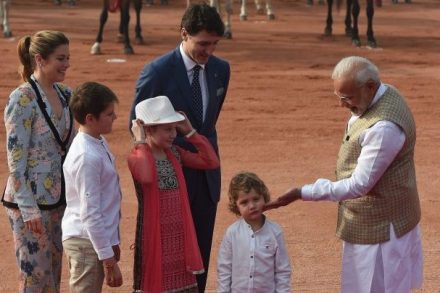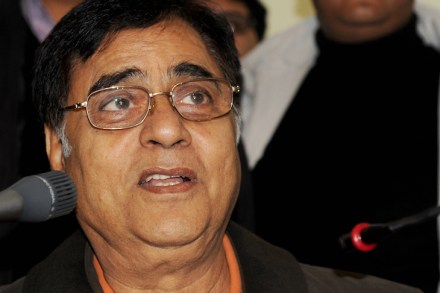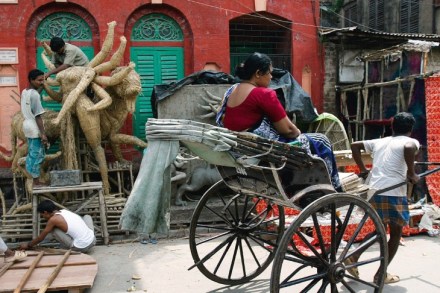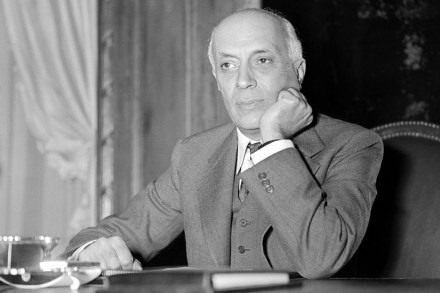Delhi Notebook
India is not preparing for war, but picking up the newspapers in Delhi you could be forgiven for thinking otherwise. For weeks, the papers have been blowing the horns of retribution against Islamabad after a convoy of police officers was rammed by a suicide bomber in Kashmir. Since both sides acquired nuclear weapons, neither had sent a warplane to bomb the other — until last week. Friends in Europe send me anxious messages: isn’t it time to leave Delhi while I still can? The Americans I meet are all a bit jumpy. A couple I chat with at the Khan Market doubt the US Embassy can rescue them if all
